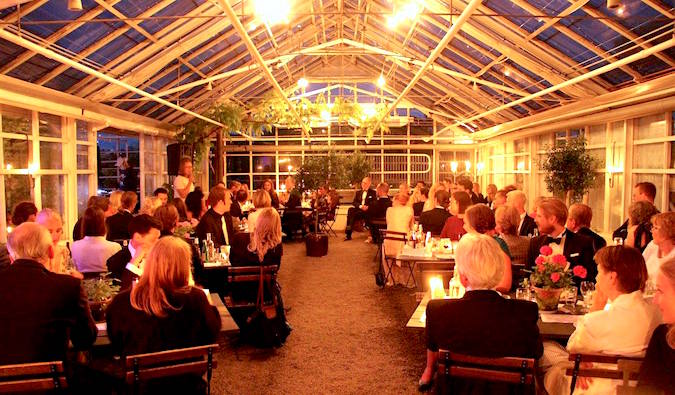
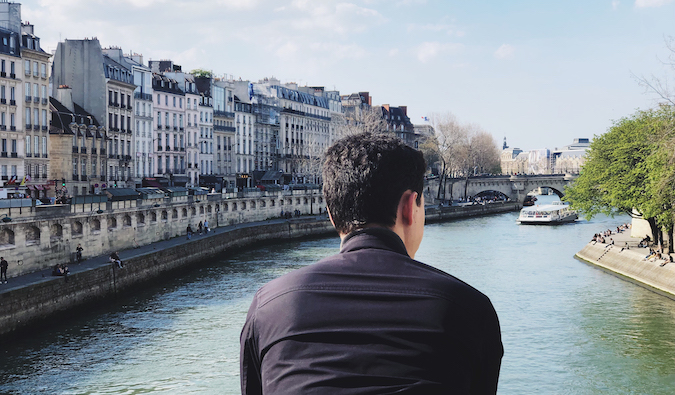
Posted: 5/20/2019 | May 20th, 2019
It feels like only days ago I came to Paris — and now it’s the middle of May.
And, with more time behind me than ahead of me (I leave June 19), as I look back on my time here, I can’t say I’ve seen as much of Paris as I intended.
I haven’t visited one new attraction. Or taken one day trip out of the city. Or gone to another region of the country. Or even the outlying neighborhoods of the city, really. Nothing.
I have taken five walking tours (so I did something).
But that’s it.
That’s the extent of my explorations of Paris.
But, as I mull that over, I realize I don’t really care about that stat.
Because I’ve done what I came to Paris to do: create a quiet life.
My time here so far has been characterized more by writing, sleeping, and, overall, just generally “chilling.”
I’ve made a few friends — and, thanks to said new friends, exponentially increased the number of favorite restaurants and bars on my Google map. (So, I guess, if I have done a lot of anything, it’s eating and drinking.)

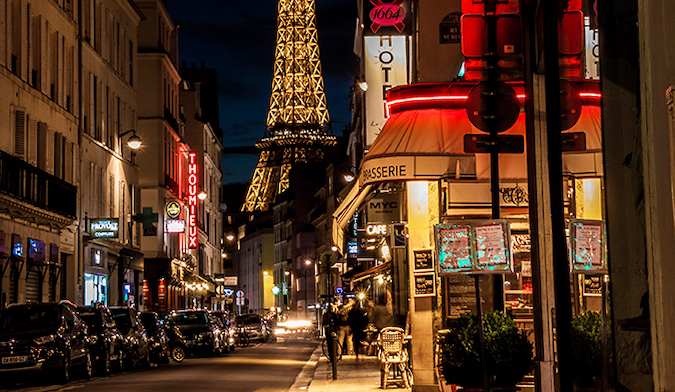
Every place, every moment has a lesson in it. Every place is perfect for certain times in your life. Thailand was the place I need to explore my independent self. New York City was what I needed when I transitioned from nomad to non-nomad. They were the perfect bridges to a new phase of life.
Paris is my bridge to a quieter life.
But, more than that, Paris has taught me something about myself I didn’t fully realize until now:
I’m the most motivated when I feel I have limited time.
I came to Paris guns blazing, with a grand vision that I’d have all this time to explore. I was going to do so much.
But three-hour lunches take up a lot of your day. So does work. So does dinner with friends. So do a plethora of visits from other friends.
When you live somewhere (instead of just visiting), there’s always tomorrow. When I feel like there’s a tomorrow, I’m less inclined to leave my comfort zone. I work, read, sleep, and eat.
So I always put everything off. I wanted to work anyways. I was in no rush.
But eventually, you run out of tomorrows.
Suddenly, you wake up and months have passed and you marvel at how quickly time went by.
Now, the clock is ticking down rapidly and I’m ready to kick things into high gear.

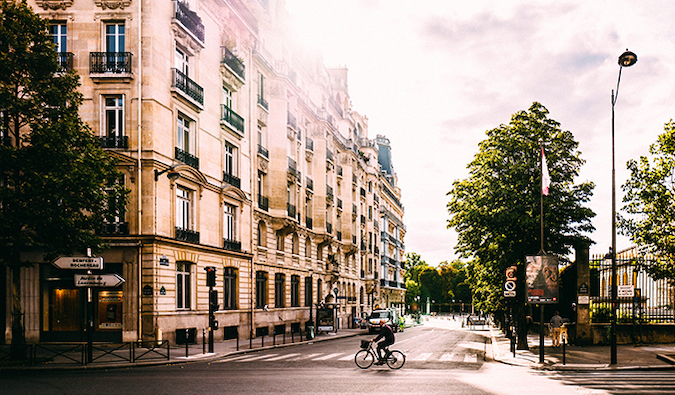
With only about six weeks in Europe left (and only half of them in Paris), I’ve begun to book more walking tours, museum visits, and cooking classes, plus trips to Bordeaux and Normandy. (Booking all this in advance ensures I won’t find a work reason to skip it!)
Looking back, I don’t think I’d change a thing, though. I needed some R&R. Not only from travel but from life. I needed time to get my head right again. To wind down projects, relax, and get some motivation back. I needed to take a step back and hit the reset button.
I’m heading to Normandy next week. After that, I’m off to Italy. Then it’s my birthday.
Then it’s home.
For now, at least.
After that, who knows?
If Paris reminded me of anything, it’s that I need to stop planning and accept that when I do make plans, I’m likely to just do the opposite.
I just need to see where the day takes me.
Book Your Trip to Paris: Logistical Tips and Tricks
Book Your Flight
Find a cheap flight by using Skyscanner or Momondo. They are my two favorite search engines because they search websites and airlines around the globe so you always know no stone is left unturned.
Book Your Accommodation
You can book your hostel with Hostelworld. If you want to stay somewhere other than a hostel, use Booking.com as they consistently return the cheapest rates for guesthouses and cheap hotels. I use them all the time. Some of my favorite places to stay in Paris are:
- St. Christopher’s Canal – Comfy spot on the canal. During the summer months, the terrace is hopping!
- 3 Ducks Hostel – This hostel has one of the cheapest bars in the city, and it’s just a 10-minute walk to the Eiffel Tower.
- Les Piaules – Fantastic chimney lounge, a cool bar, and a rooftop space. It’s a great place to meet people!
Don’t Forget Travel Insurance
Travel insurance will protect you against illness, injury, theft, and cancellations. It’s comprehensive protection in case anything goes wrong. I never go on a trip without it as I’ve had to use it many times in the past. I’ve been using World Nomads for ten years. My favorite companies that offer the best service and value are:
- World Nomads (for everyone below 70)
- Insure My Trip (for those over 70)
Looking for the best companies to save money with?
Check out my resource page for the best companies to use when you travel! I list all the ones I use to save money when I travel – and I think will help you too!
Looking for more information on visiting Paris?
Check out my in-depth destination guide to Paris with more tips on what to see, do, costs, ways to save, and much, much more!
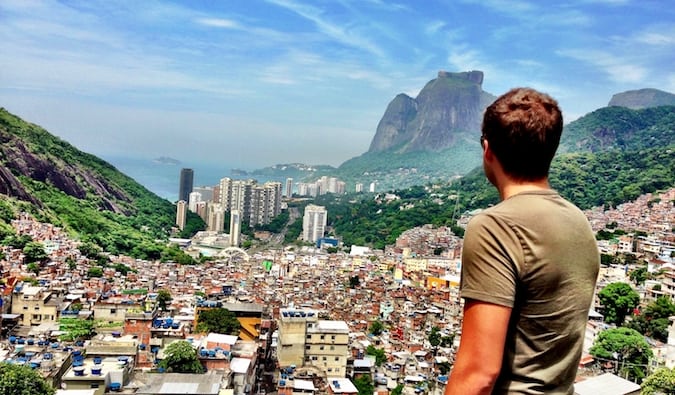
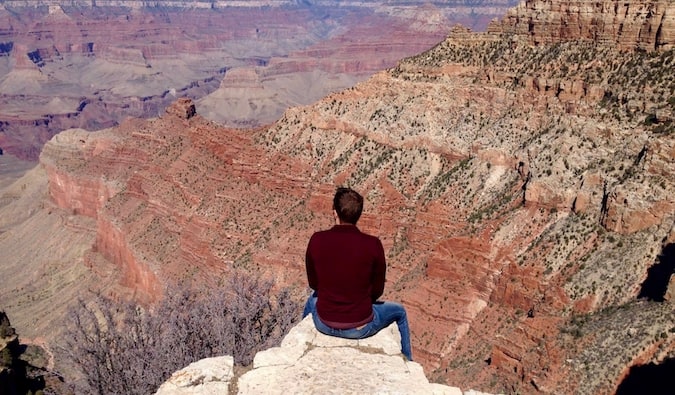
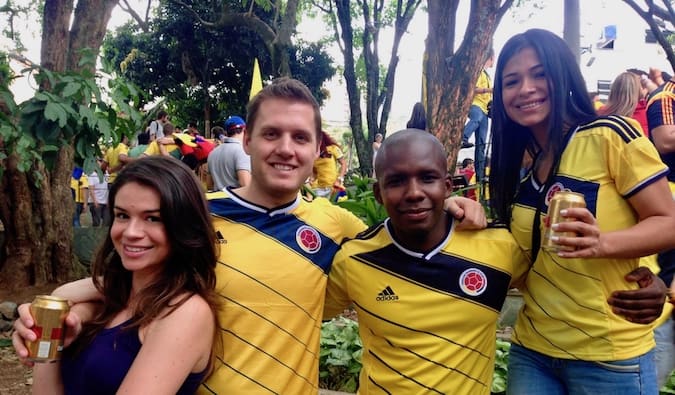
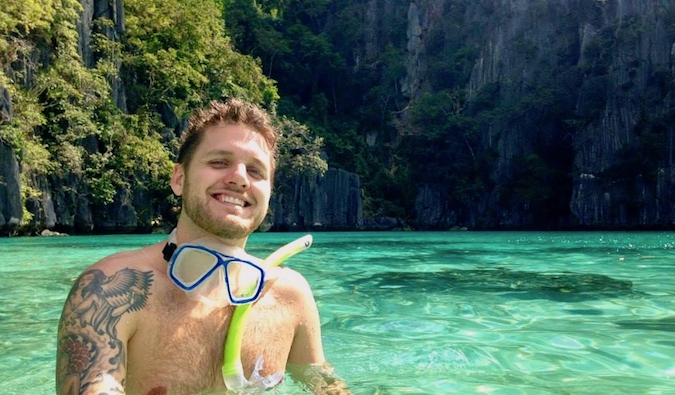
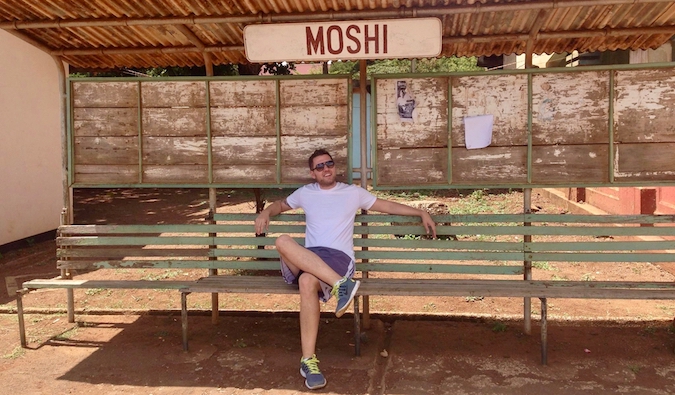
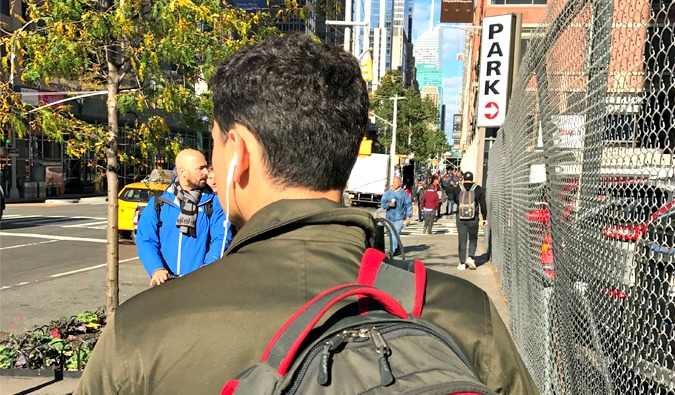
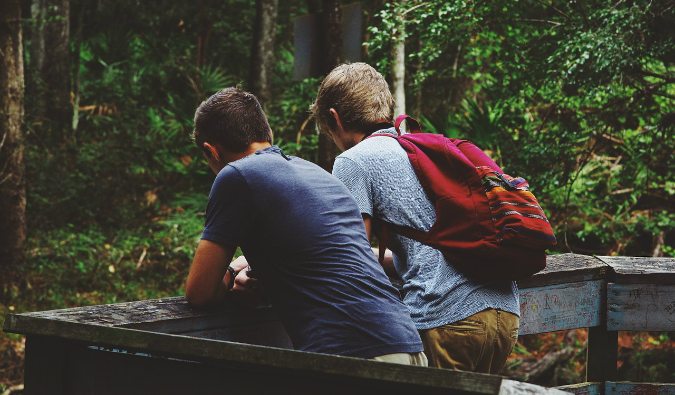 Posted: 05/31/2011 | May 31st, 2011
Posted: 05/31/2011 | May 31st, 2011

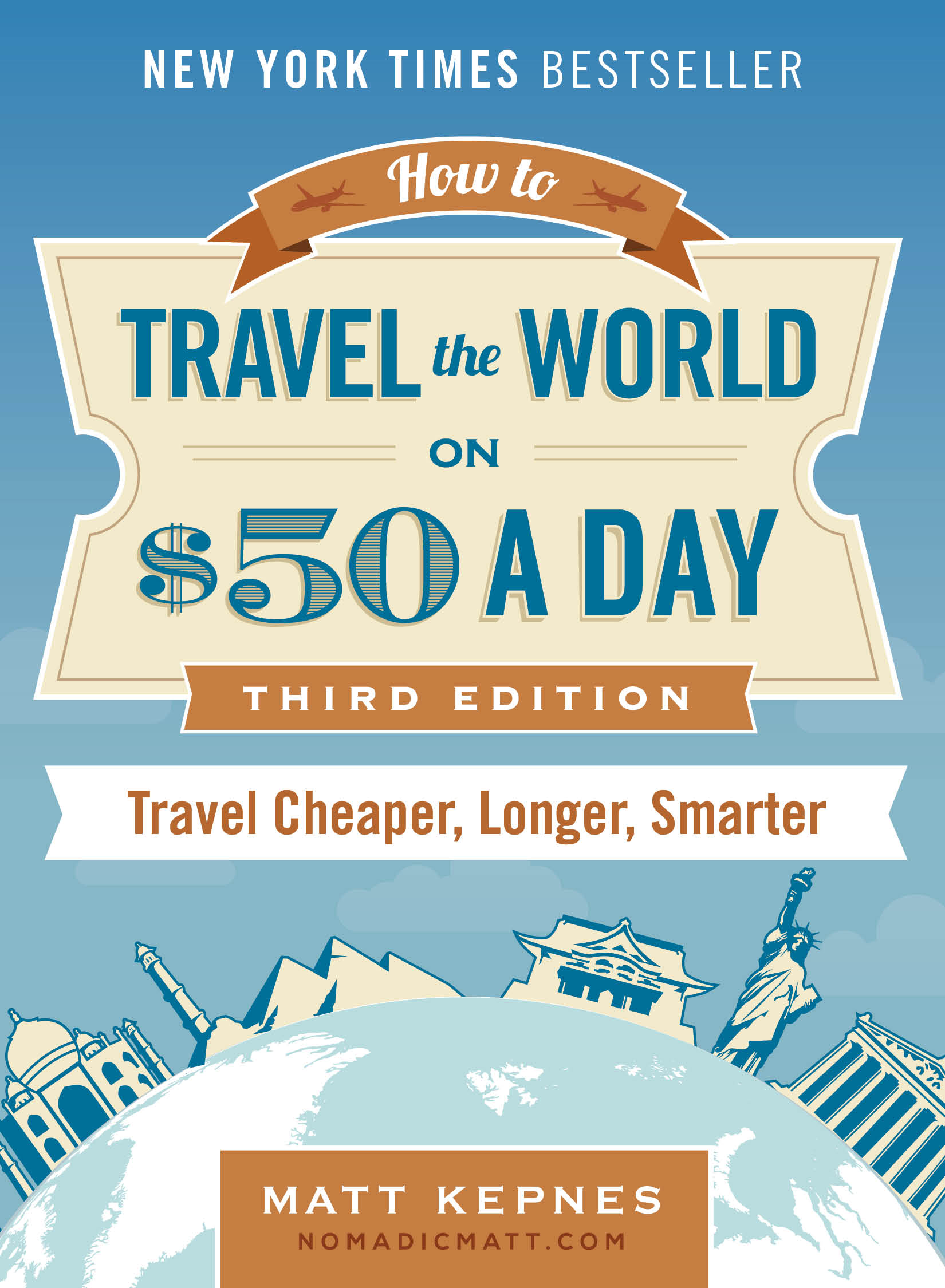 My New York Times best-selling paperback guide to world travel will teach you how to master the art of travel save money, get off the beaten path, and have a more local, richer travel experiences.
My New York Times best-selling paperback guide to world travel will teach you how to master the art of travel save money, get off the beaten path, and have a more local, richer travel experiences. 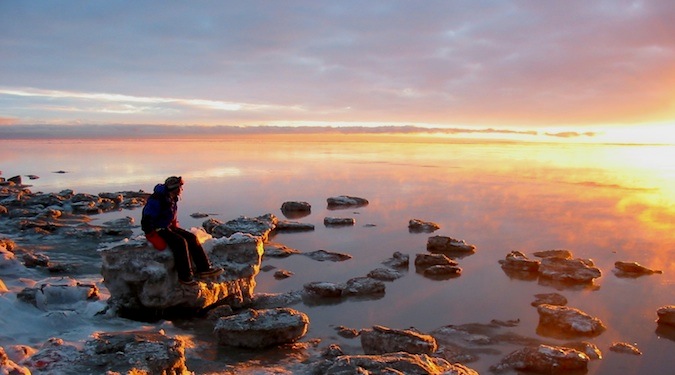
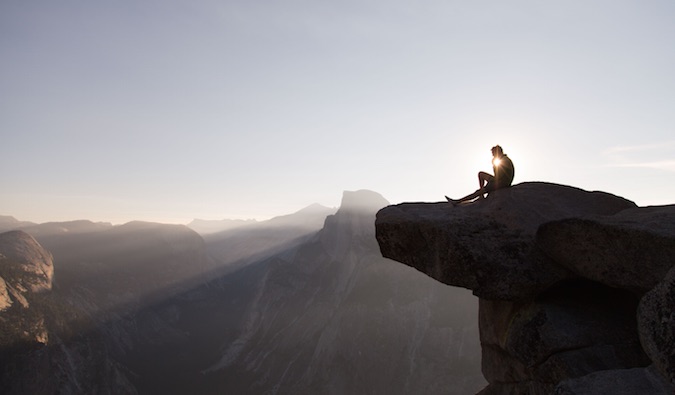
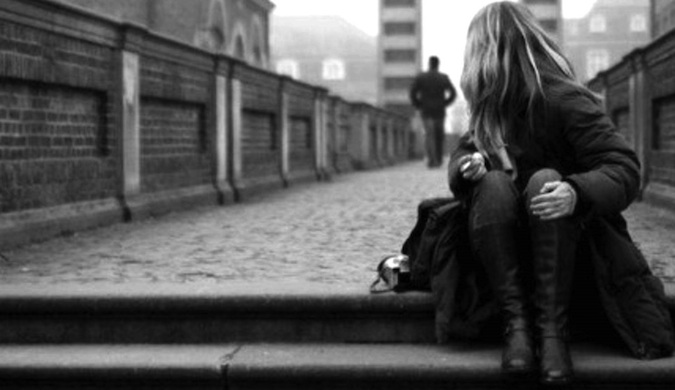 After months on the road, you find yourself back home and excited to resume old friendships. You plan dinners, get-togethers, and nights out. And, as some people fail to respond or show up, you begin realize an awful truth — while you were out exploring the world, your friends crept out the back door of your life.
After months on the road, you find yourself back home and excited to resume old friendships. You plan dinners, get-togethers, and nights out. And, as some people fail to respond or show up, you begin realize an awful truth — while you were out exploring the world, your friends crept out the back door of your life.